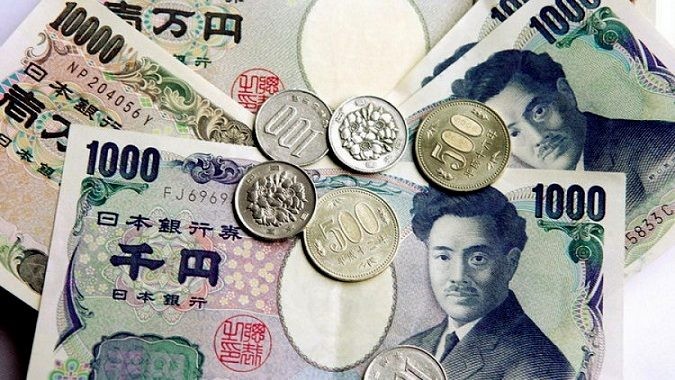 |
| The IMF's Deputy Director of the Asia- Pacific Department has urged Japanese authorities to consider not intervening in the currency market. (Source: Bloomberg) |
Mr. Panth analyzed that the exchange rate of the Japanese currency is greatly affected by economic fundamentals. As long as the interest rate gap between this Asian country and the US remains large, the currency will face downward pressure.
Since 2022, in the context of the US and other major economies around the world continuously raising interest rates, policymakers of the Bank of Japan (BoJ) continue to firmly maintain the ultra-low interest rate policy. This is the fundamental reason for the Yen's decline, reaching a 32-year low against the USD. In mid-September 2023, Japanese officials signaled that they could intervene if the domestic currency continued to decline rapidly.
Mr Panth said the IMF considers foreign exchange intervention only appropriate when there is serious market turmoil, rising financial stability risks or a risk of unsustainable inflation. However, in the case of the yen, none of the three main factors are present.
In September and October 2022, the BoJ, for the first time since 1998, bought local currency to prevent a sharp decline in the Yen, before the currency's value fell to a 32-year low of 151.94 yen per dollar.
But despite the yen's recent bottom, BoJ Governor Kazuo Ueda has remained determined to pursue the 2% inflation target. He stressed the need to keep interest rates extremely low until inflation reaches the target, thanks to strong demand and sustained wage growth.
Japan's near-term inflation outlook has more upside than downside risks, with Asia's second-largest economy running near full capacity and price rises increasingly driven by solid demand, Panth said.
However, he also said it was "not the right time" for the BoJ to raise short-term interest rates, given uncertainty about global demand, which could hurt Japan's export-dependent economy. Mr. Panth recommended the BoJ continue to take measures, allowing longer-term interest rates to move more flexibly, to lay the groundwork for eventual monetary tightening.
The BoJ currently maintains short-term interest rates at -0.1%. It targets 10-year bond yields at 0% under its yield curve control (YCC) policy. As rising inflation puts pressure on bond yields, the BoJ has eased its tight control of long-term interest rates, effectively raising the interest rate ceiling in December 2022 and July 2023.
Source







![[Photo] Hanoi morning of October 1: Prolonged flooding, people wade to work](https://vphoto.vietnam.vn/thumb/1200x675/vietnam/resource/IMAGE/2025/10/1/189be28938e3493fa26b2938efa2059e)









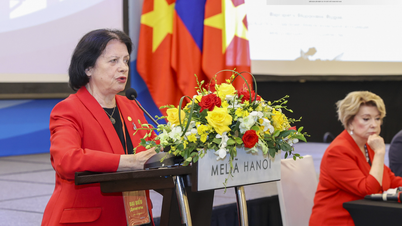

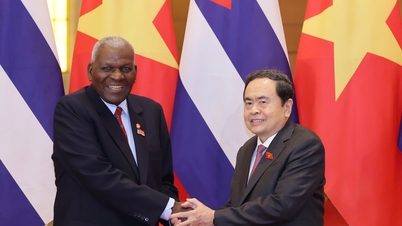

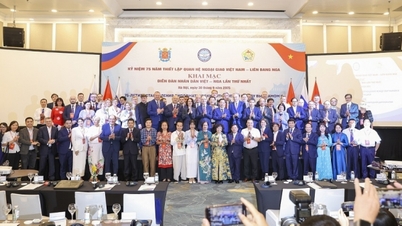
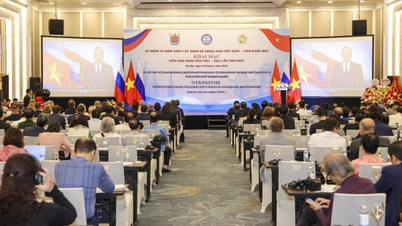
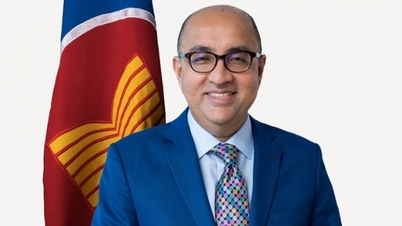
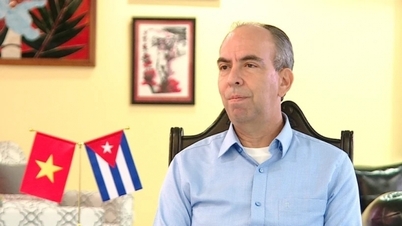










![[Photo] Panorama of the cable-stayed bridge, the final bottleneck of the Ben Luc-Long Thanh expressway](https://vphoto.vietnam.vn/thumb/1200x675/vietnam/resource/IMAGE/2025/9/30/391fdf21025541d6b2f092e49a17243f)





































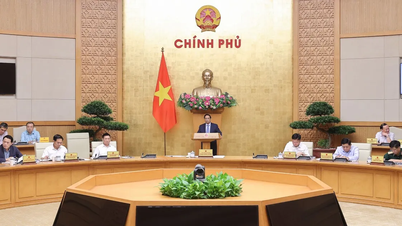





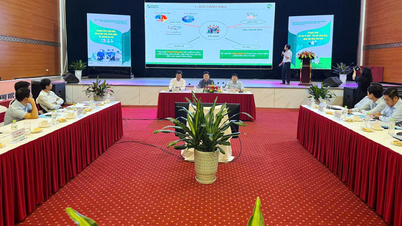
















Comment (0)